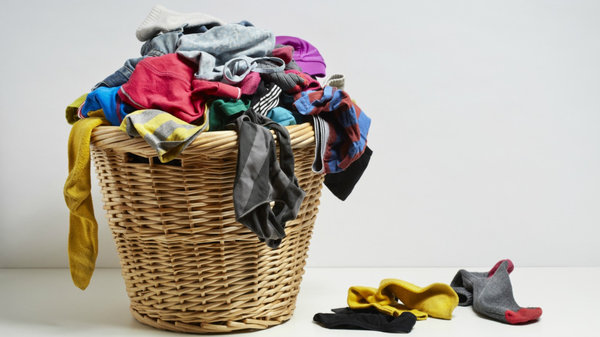Coming soon to a closet near you, clothes that clean themselves. That reality is inching closer with new research from Australia’s RMIT University, where scientists have been testing nanotechnology that eats away at grime on fabric.
Continue reading... →Performance fabrics that offer anti-bacterial and anti-odor qualities, as well as sun protection, may contain nanoparticles that are largely untested for human health effects. If you’ve been shopping for workout clothes lately, you may have seen labels making some extraordinary claims—namely, that you can work up a sweat and your clothes won’t smell when your exercise session is over. Sound too good to be true? You may want to think twice about buying clothes making such claims, because the anti-bacterial properties are brought to you by nanotechnology. While certain nanoparticles in clothing can kill off bacteria, as a whole they are largely untested, barely regulated, and may pose serious risks to your health and the Earth. Nanotechnology involves the use of very small particles, called nanoparticles, to bring certain characteristics to a product. Nanoparticles are defined as being between the range of 1-100 nanometers in size. A billion of them can fit on the head of a pin. Nanomaterials are currently used in body care products, as well as consumer products like cutting boards, towels, food, and, yes, clothes. The most common nanomaterials in clothing are nanosilver and nano-titanium dioxide. Nanosilver is woven into fabric to give it anti-bacterial properties, […]
Continue reading... →
